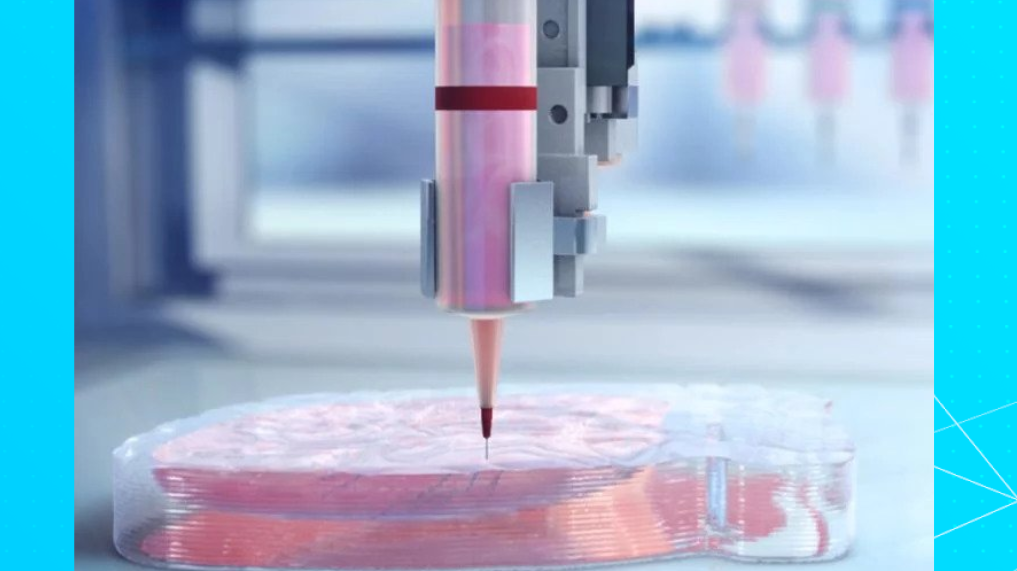

Synthetic biology allows programming in vitro biomaterials with regulatory genetic constructs. The synthesis of extracellular matrix (ECM) components, elastin and collagen in a cell free system is programmed with genetic elements. The cell free system is a low-cost yet powerful tool for prototyping synthetic biology biopolymers. The genetic construct operates similar to an electronic circuit controlling the expression of elastin and collagen in vitro, as well as peptide crosslinkers. The genetic circuit is activated by chemical inducers regulating bioconjugation of EMC proteins.
This high-throughput system will allow a fast-track platform for testing mechanical properties in biocompatible material used in hernia grafts.
Bioconjugation of elastin and collagen is driven by inducible transpeptidase and isopeptide linkage. To simplify studies on biopolymer texture and densities, ECM components will be expressed independently with circuit-controlled crosslinkers. Enzymatic transpeptidation and covalent isopeptide crosslink will be studied using sortase enzyme and spytag/spycatcher peptides, respectively. We propose the establishment of genetically programmable ECM using cell free reactions. This high-throughput system will allow a fast-track platform for testing mechanical properties in biocompatible material used in hernia grafts.